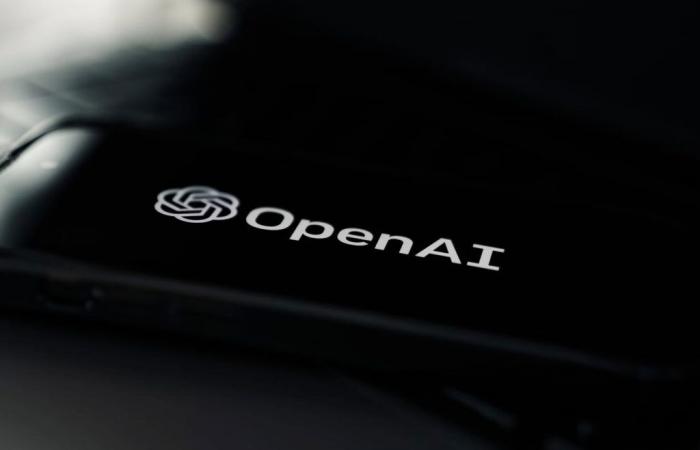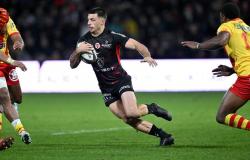This is a first victory for OpenAI, the company behind ChatGPT, in its numerous conflicts with authors, artists, creators and rights holders. Thursday, November 7, a federal court in New York found that the complaint filed by two American media outlets, Raw Story and AlterNet, was unfounded, reports Reutersthis Friday, November 8.
Last March, the two media outlets attacked Sam Altman's company, three months after legal action by New York Times similar. They believed the AI company had misused their news articles to train its large language model, without respecting US copyright law.
Also read: Impossible to create ChatGPT without copyright-protected content, says OpenAI
Limited scope?
For months, OpenAI and its competitors have been facing several legal actions brought by authors and rights holders, who accuse it of having used their content without authorization to train their AI tools.
In this case, OpenAI would have retrieved media articles to train its generative AI, and in doing so, it would have removed notices indicating that the writings were protected by copyright, both media claimed. Copyright management information protected by US law would have been deleted – making it impossible for authors to be remunerated for using their content.
Also read: “Large-scale” illegal copying, “content kleptocracy”… AI start-up Perplexity once again sued
The argument did not convince the New York federal court. Thursday, the judge dismissed the media's requests, on the grounds that sufficient harm had not been demonstrated. The complaint was therefore dismissed.
This case could have a limited scope because as our colleagues explain, the legal action was based on the removal of the mandatory copyright management notices, and not on the violation of their copyright.
Also read: Cinema: how the world of dubbing is trying to stem its “looting” by AI
For the judge, “ the alleged harm for which the plaintiffs seek compensation is not the removal of the required notices, but the use of the plaintiffs' articles to develop ChatGPT without financial compensation ».
???? To not miss any news from 01net, follow us on Google News and WhatsApp.






